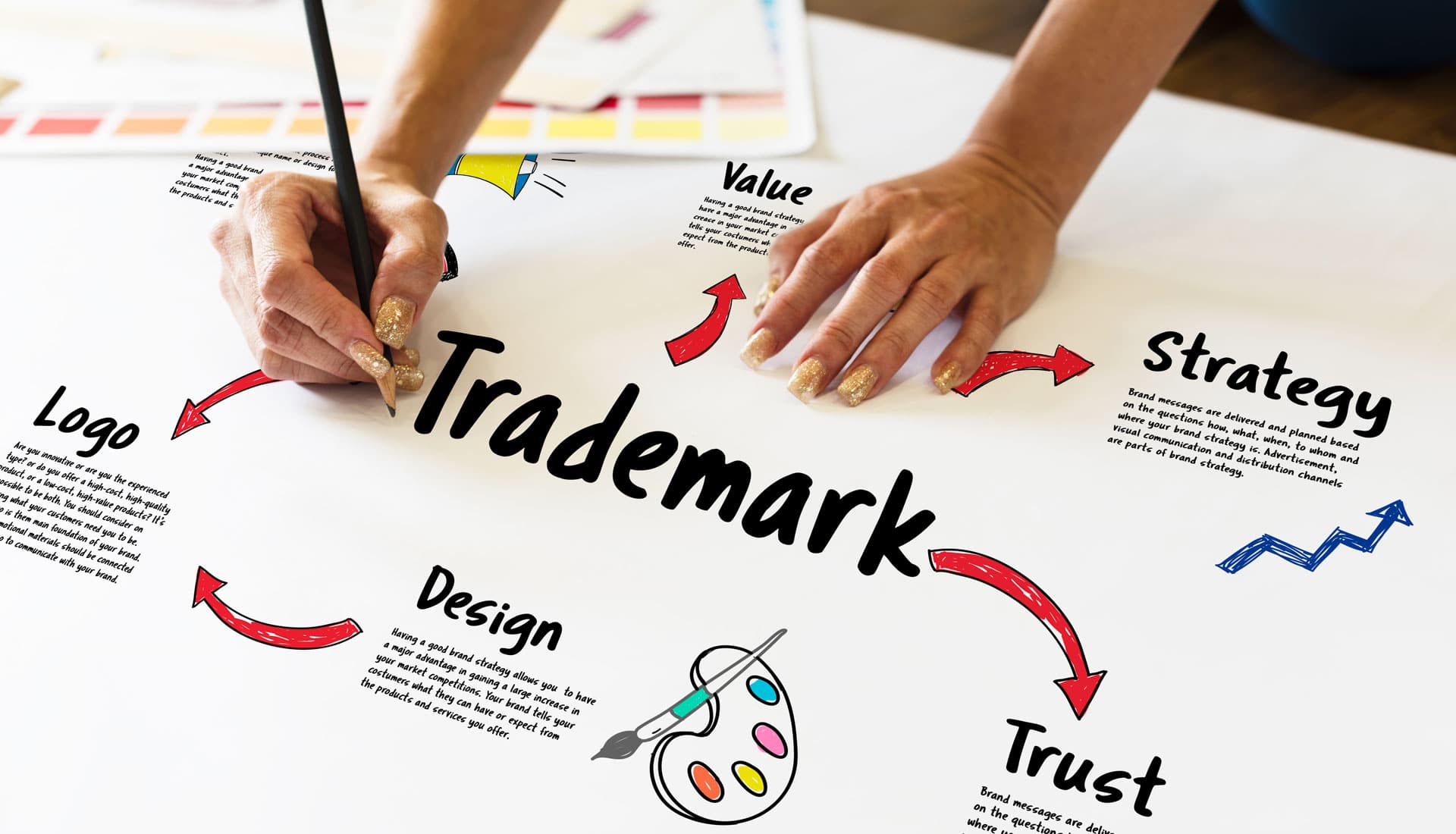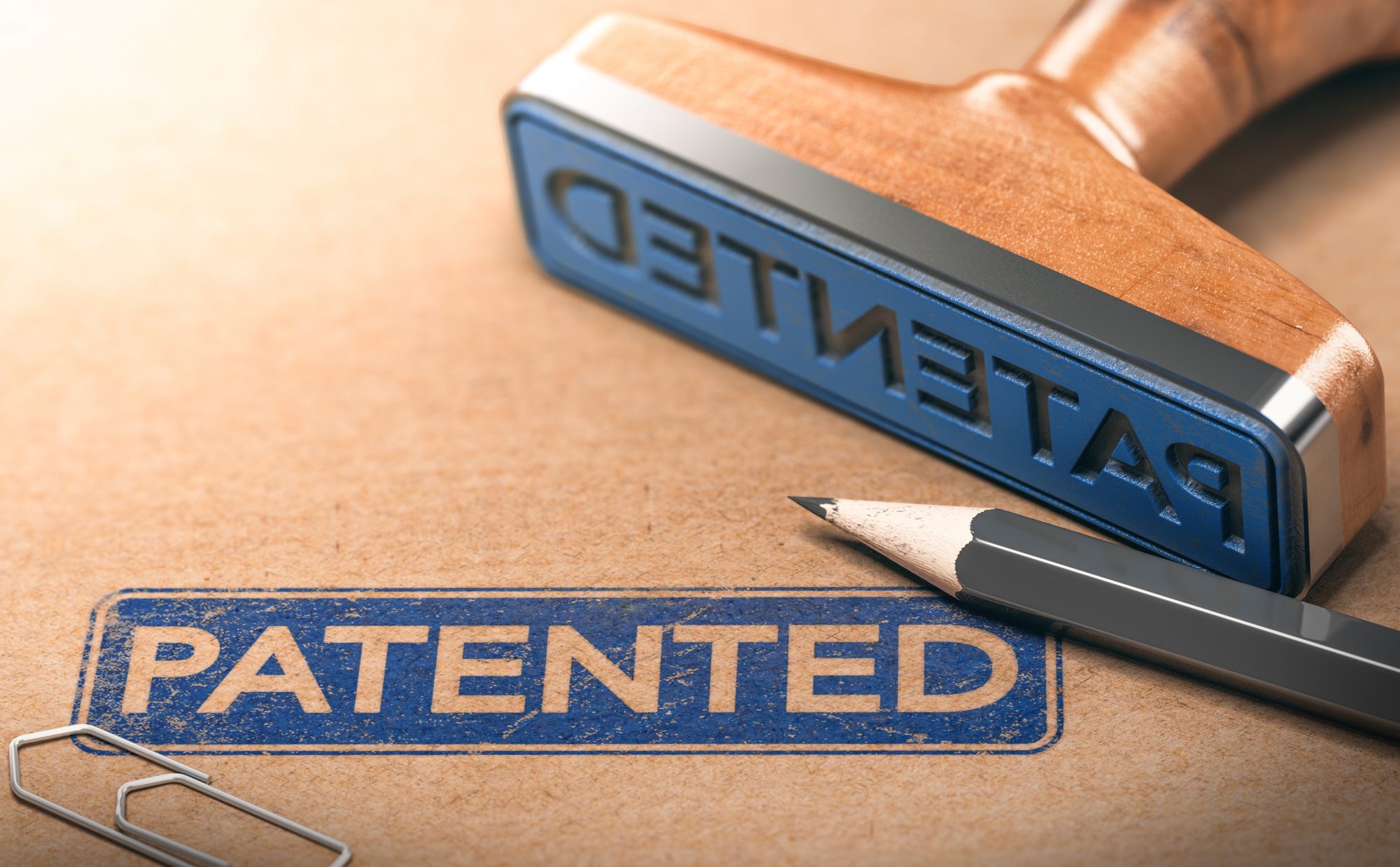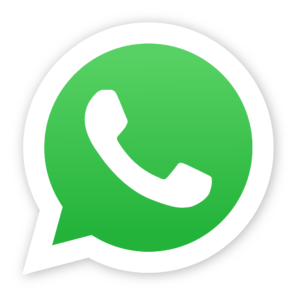People have a tough time understanding what’s Trademark, Copyright, and Patent and often end up confused.
Each day, millions of people are trying to breathe life into their ideas and they need something to protect its authenticity. They should have a medium that gives ownership to the original creator.
This is exactly the idea behind intellectual property rights. You can only acquire rights for the end product and not the idea behind it.
For example, you can apply patents for your product design but not for the idea behind it. One can copyright the story or the manuscript but not for the idea behind the book.
You can trademark the logo of your company but cannot do the same for the idea behind its development.
Trademark

Every business has its own name, slogan, symbol, design, or an image that helps us identify it. This differentiates the brand or the business from the rest of its competition.
When business and product owners apply for a trademark, it makes them the rightful owners of the above-mentioned jargon. A trademark brings it to public attention that no one can re-use or replicate them.
It makes the owner eligible to file legal complaints against any unwarranted usages.
A trademark, once registered, has no date of expiry. But you may have to renew your trademark every 10 years to keep the documents updated.
Copyright
Creative professionals like authors and artists are eligible to acquire copyrights for their work. You should know that an idea cannot get copyrighted but the end result of your idea can be.
For you to copyright something, it must be your original work. This includes acquiring rights for authorship, designs, scripts, music, and motion pictures.
If you find someone using your work without or replicating it, you can sue them. Any form of infringement of your original work can result in fine, legal problems or even jail time.
Patent

A patent is for anyone who’s seeking ownership for their invention or design. This invention of yours can belong to any category. It does not have to be specific.
You can acquire patents for machines or even chemicals. The patent makes you the rightful owner of your product.
Anyone who needs your design should pay you before-hand. Failing to do so can result in serious legal issues. If you own a professional patent, it will only last for a year.
How Are They Different?
Let’s just say you’ve designed software for which you need ownership. You will have to copyright the exact code of your software whereas your software, along with its idea, will be needing a patent.
Your software will obviously have a name that needs to get trademarked. In order to protect a single product, you will have to go through all three procedures. Neglecting any one of these could make your product liable to theft.
Conclusion
There are a lot of steps involved in acquiring Intellectual property rights with each step having its own complexity.
Trademark, Copyright, and Patent have their own way of applying, processing, and receiving. Each of these categories will need separate applications. They come with separate dates of expiry.
One product of yours might need all of these three documents in order for you to have complete ownership over it. Pay attention to all the tiny details in your product or innovation.
The entire world is competing against ownership. If you are careful enough, you can avoid almost all legal problems.



